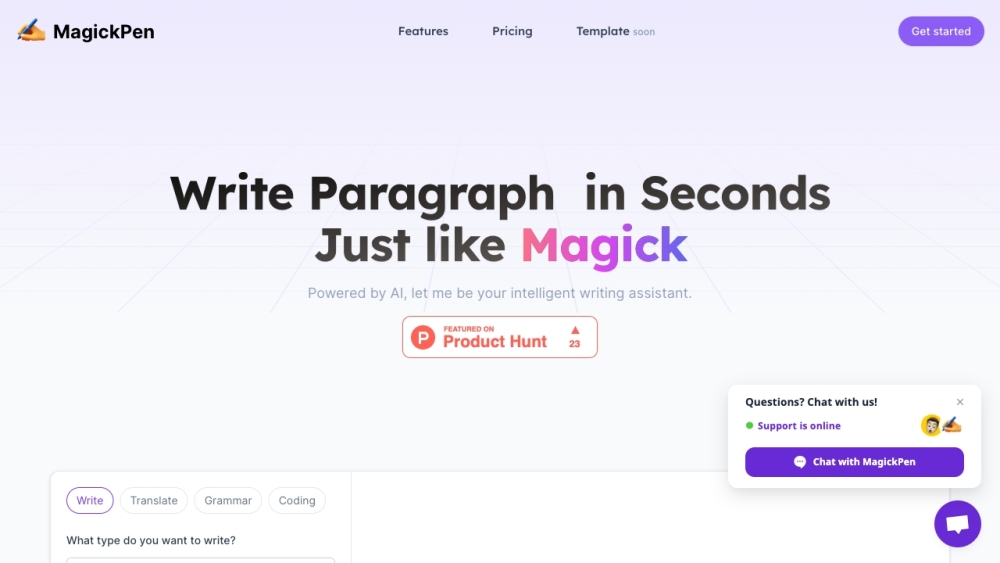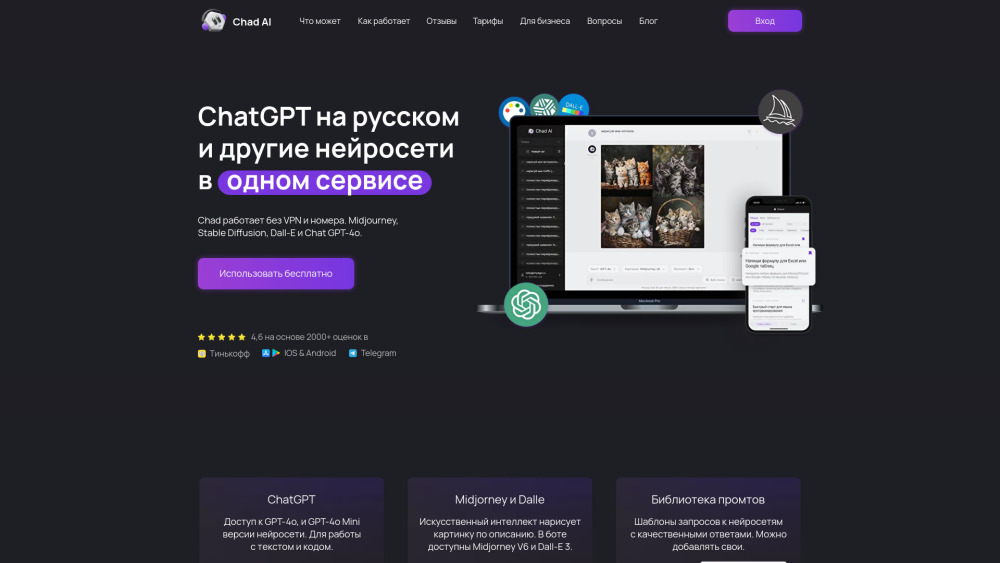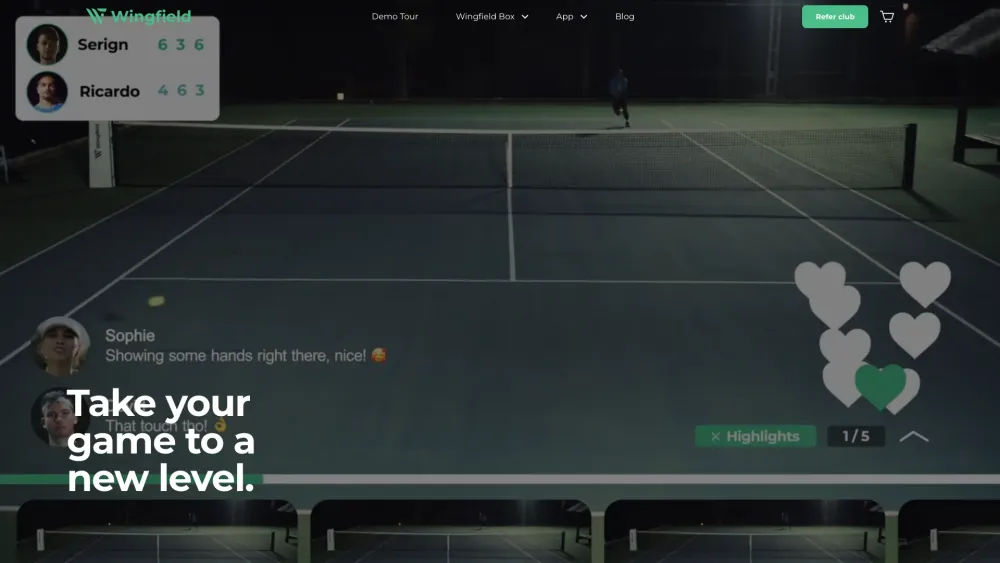Online shopping for clothing has liberated us from the frustration of navigating crowded stores, harsh fluorescent lights, and overwhelming sales. However, anyone who has spent hours lost in a fashion rabbit hole—juggling numerous open tabs, multiple shopping carts, and countless YouTube clothing reviews—knows that the experience can quickly become daunting. That's where Blend, a U.K.-based startup, aims to simplify the process by leveraging AI to deliver personalized product recommendations tailored to each shopper's individual style, budget, and size.
"The vast majority of retailers offer no personalization, and when they do, it's often based solely on previous purchase data," explains Blend co-founder Jemima Bunbury. "In a fast-paced fashion landscape, relying on outdated recommendations doesn't resonate with consumers."
Blend introducted its minimum viable product (MVP)—an app set to gradually launch for the 2,000 users on its waiting list. Following a successful angel investment round in April, Blend is now actively seeking investors for its seed funding to enhance app features and gear up for a full-scale launch.
With over 250 retailers already on board, including the luxury brand Net-a-Porter, Blend's market strategy focuses on engaging users aged 18 to 34, a demographic that represents "digital-native, mobile-first shoppers" eager to define their personal style as they gain disposable income. Initially launching in the U.K., the startup plans to expand into the U.S. market next.
"We aim to attract fashion-forward, trendsetting users first, allowing us to tap into broader markets later on. It's considerably more challenging to reverse that strategy," Bunbury states. "Our ultimate vision is to become the go-to platform for online shopping, becoming the largest retailer by effectively personalizing the shopping experience and connecting users with the most relevant 1% of the Internet."
Embracing Generative AI
Blend’s founding team includes Bella Levin, Jemima Bunbury, and Eva Piskova. The fashion industry is increasingly integrating generative AI across various fields, from improving customer service with advanced natural language processing to employing image generation for design innovation. Additionally, this technology aids in production optimization, trend forecasting, inventory management, and virtual try-ons.
Blend's technology focuses on transformer architecture and personalized recommendation algorithms bolstered by user interaction data. Transformer technology, which also supports popular AI models like ChatGPT, allows computers to comprehend and generate human language. In fashion retail, this translates to more accurate understanding of user preferences, facilitating tailored clothing suggestions.
"The quality of data input into the AI model is crucial," Bunbury emphasizes, noting that the decision to develop an app rather than a website allows for easier tracking of user data.
Users can scroll through a dynamic feed showcasing product imagery and descriptions curated from multiple retail and e-commerce sites. The feed also features engaging short-form videos and curated collections from influencers who receive affiliate commissions from their sales.
As users interact with the app—liking, saving, sharing products, or simply gazing at an item—Blend gathers data to create a comprehensive profile based on pre-set size and budget preferences. The more a user engages, the more the app adapts its recommendations.
On the backend, Blend analyzes user-product relationships, ensuring that recommendations stay current. For instance, if two users engaged with the app three months ago, their experiences will differ if one remains active and the other does not. Blend uses trends and data from the engaged user to refresh suggestions for the inactive user.
"By tracking cultural trends and comparing different users’ styles, we can refine personalized recommendations, becoming more effective as our user base grows," Bunbury explains. "The AI evolves not just to suggest a great outfit today but to anticipate changes in style over time."
Fit matters, too. Blend assists users in identifying the best fitting clothing for their body types, addressing a common issue in retail that results in costly returns. Users can indicate their sizing preferences for various body parts and describe their body types, although many find this challenging due to inconsistent sizing across brands.
By encouraging users to upload photos in their new outfits, Blend aims to provide a diverse visual representation of how specific products look on different body frames. Future plans include incorporating reviews and a voting system to enhance size accuracy.
Blend’s Business Model
Blend's business model relies on three key components: 1) Shoppers; 2) Influencers; and 3) Brands. While addressing shopper needs, Blend simultaneously creates opportunities for influencers and brands to increase their revenue streams in a streamlined manner.
"For many brands, the primary challenge is effectively reaching the right audience without high-risk advertising," Bunbury observes. "Traditional social media targeting may focus on demographics, but it often lacks style-specific insights. Our detailed dataset enables us to present brands to users actively seeking purchases."
Blend generates profits by taking a commission on sales made through partner retailers, with varying rates depending on the brand.
Currently, the app directs users to complete transactions on brand websites; however, future updates will allow in-app purchases for a seamless shopping experience.
"We see significant growth potential in this model. With our data capabilities, we envision various B2B revenue streams, such as advertising and trend analytics, plus forecasts on product demand and quantities," says Bunbury. "On the consumer side, we might explore subscription options to offer premium features like stock alerts, discounts, or early product access."




